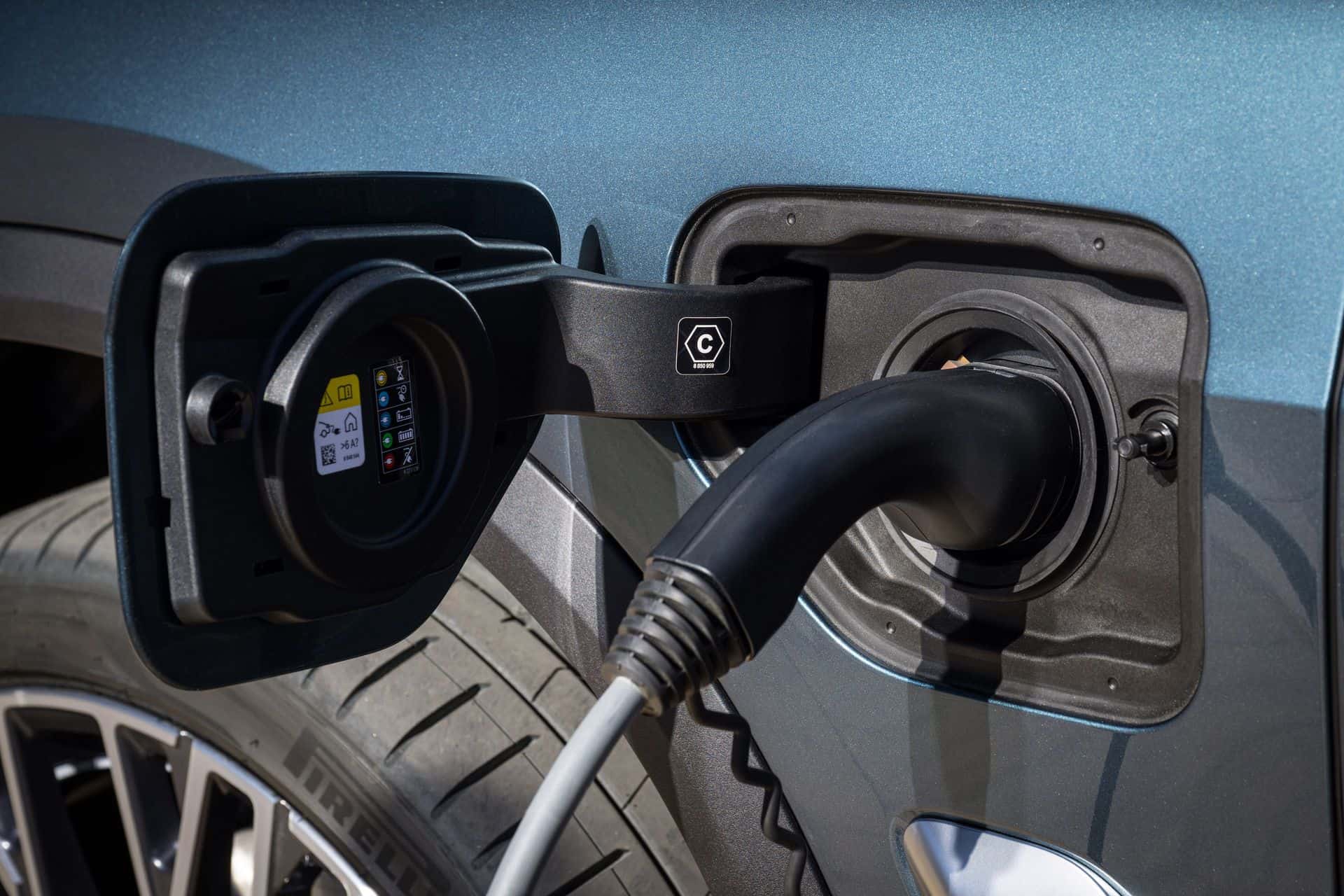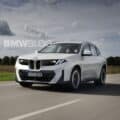BMW’s approach of maintaining a flexible lineup that includes combustion-powered cars (ICE), electric vehicles (EVs) and plug-in hybrids (PHEVs) is proving to be a winning strategy in the current automotive landscape. Even as electric vehicle sales have begun to slow down in certain markets, BMW continues to experience growth, particularly fueled by its strong performance in the PHEV segment.
Recent sales figures from early 2024 highlight BMW’s significant presence in the global plug-in vehicle market. The company has secured a commendable third place, trailing only behind industry giants BYD and Tesla. According to data from EV Volumes, BMW managed to sell over 212,000 plug-in vehicles—encompassing both EVs and PHEVs—between January and May of this year. This impressive total puts BMW ahead of other major automakers like Hyundai and Kia, whose combined plug-in sales reached approximately 195,000 units during the same period. Surprisingly, Toyota, another major player in the PHEV space, reported 100,000 units sold from January to May 2024.

BMW’s commitment to electrification is further underscored by its robust battery-electric vehicle sales. The company reported that it sold 179,557 BEVs in the first half of 2024, reflecting a 34.1% increase compared to the same timeframe in 2023. When considering the combined sales of EVs and PHEVs, BMW’s total electrified vehicle sales from January through June 2024 amounted to 269,065 units, marking a solid 9.6% growth over the previous year.
BYD’s growth, particularly in the PHEV segment, has been remarkable. The company is on track to reach nearly 3.5 million combined EV and PHEV sales by the end of 2024. Despite a slight decrease in its pure EV sales this year, BYD’s surge in PHEV sales has more than offset this decline, reflecting a strong market demand for affordable plug-in options. In July alone, BYD reported sales of around 130,000 full EVs, a 4% decrease compared to July 2023, but it also sold over 210,000 PHEVs, a 62% increase year-over-year. Of course, most of these sales came from the Chinese market where BYD offers compelling and affordable products.
The next German automaker on this list is Volkswagen with 157,000 units, followed by Mercedes-Benz with 150,000. Audi comes at a distance with only 107,500 units sold in the same period.
[Source: InsideEVs]





































































